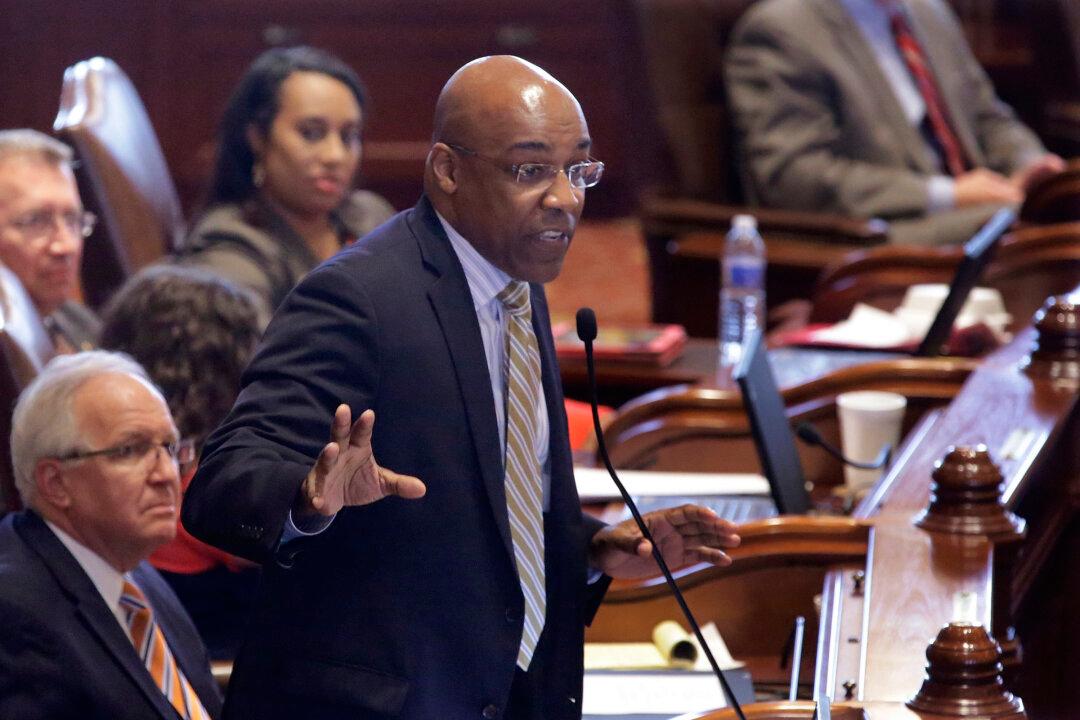A federal judge called a recent Illinois law “stupid” that targets maternal health care centers and sidewalk counselors for expressing their pro-life message after he blocked enforcement of the statute.
Judge Iain D. Johnston of the Western Division of the U.S. District Court for the Northern District of Illinois made the characterization in a formal preliminary injunction order (pdf) dated Aug. 4, the day after he orally issued his ruling from the bench that the law was unconstitutional.





